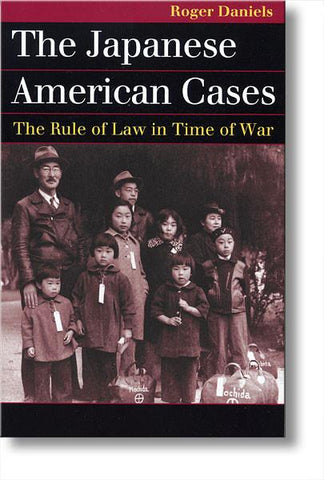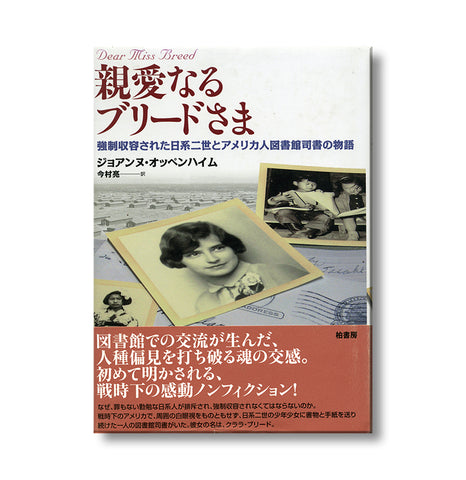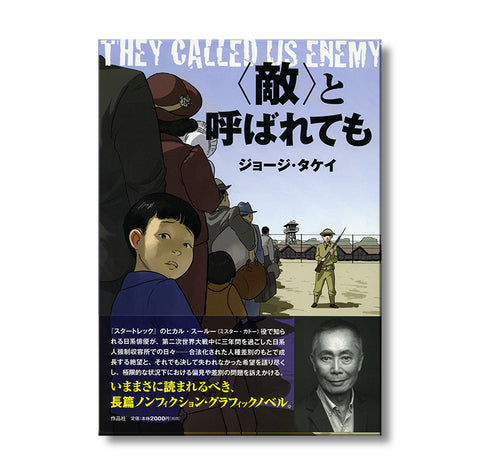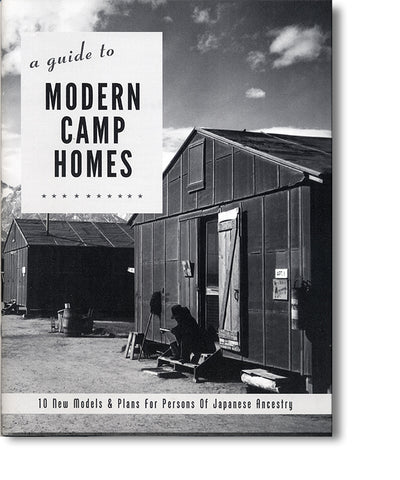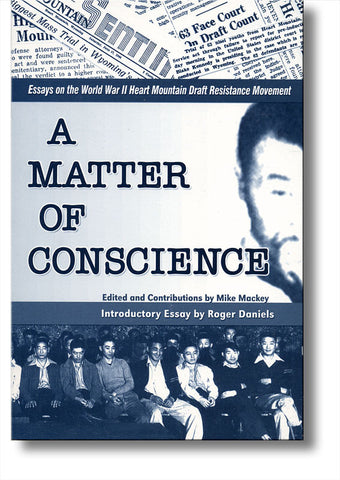By Roger Daniels.
After Pearl Harbor, President Roosevelt, claiming a never documented "military necessity," ordered the removal and incarceration of 120,000 Japanese Americans during World War II solely because of their ancestry. As Roger Daniels movingly describes, almost all reluctantly obeyed their government and went peacefully to the desolate camps provided for them.
Daniels, however, focuses on four Nisei, second-generation Japanese Americans, who, aided by a handful of lawyers, defied the government and their own community leaders by challenging the constitutionality of the government's orders. The 1942 convictions of three men -Min Yasui, Gordon Hirabayashi, and Fred Korematsu- who refused to go willingly were upheld by the Supreme Court in 1943 and 1944. But a woman, Mitsuye Endo, who obediently went to camp and then filed for a writ of habeas corpus, won her case. The Supreme Court subsequently ordered her release in 1944, following her two and a half years behind barbed wire.
Daniels traces the continuing changes in attitudes since the 1980s about the wartime cases and offers a sobering account that resonates with present-day issues of national security and individual freedom.
Paper: 232 pp.

